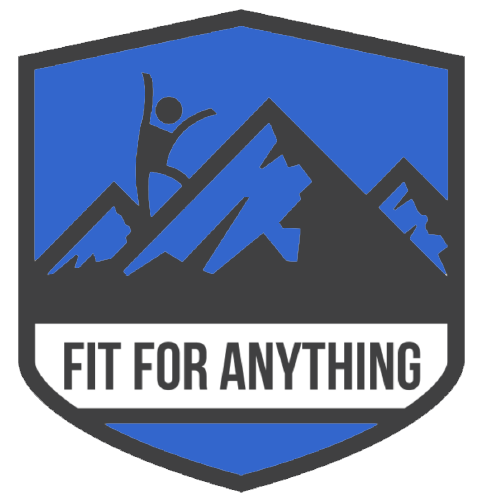Whilst the right training is essential to achieve that 6-pack, the saying that abs are made in the kitchen could not be truer. Find out how you can optimise your diet to ensure that you reach your goals.
I have been asked lots about diets, especially at this time of year. Although I am not a nutritionist or dietician, I do have decades of experience in optimum nutrition for improving performance.
I believe in general that diets don’t work. Yes of course there are plans which will help to lose weight in the short term, but nothing beats a well-rounded balanced diet adjusted to your body type. I have already written specifically about the keto diet and the impact it had on my body. This has only helped to support my recommendations.
Last month we looked at exercise changes to support abdominal muscle definition. However, none of these exercises will work at optimum level without the right nutrition.
So what should you be doing to achieve the defined core that you are after?
1) Do the maths. Focus on creating a calorie deficit (in 85% of the cases) or calorie gain depending on your goals. Be thorough and know what your intake and your output is.
2) Watch those carbs. If you are in the overweight or obese category, then excessive carbohydrate consumption is a big no no. Consumption of over 250 grams of carbohydrates a day 'need to be earned' by doing various exercises and/or activities.
3) Keep it realistic. Abrupt changes to the body such as total restriction of carbohydrates, very low calorie intake or doubling your exercise routine is very hard to keep up for the body. This is partly the reason why New Year resolutions often don't last longer than 5 weeks.
4) Don’t sugar-coat it. For most people who have weight loss as a goal, it is worthwhile to cut back on sugar and alcohol consumption.
5) Fail to plan and plan to fail. Know what you are eating and be accountable. .As a basic guide you can for example track your nutrition using the free My Fitness Pal app.
6) Consistency is key. Be consistent and take small steps. If you are looking to lose weight perhaps focus on a daily calorie deficit of 500 kcal which, as an example can be achieved by not eating a chocolate bar of 250 kcal and by doing about 30 minutes of exercise which should burn about 250 kcal. The 500 kcal a day equals 3500 kcal a week which equals one pound of fat.
7) Getting the balance right. It is at least 75% about your diet and 25% about exercise.
8) Give yourself a boost. Hormone balance is key. You can help with this by using exercise to boost your serotonin levels. You can also soak up the sun whilst doing outdoor activities and boost your vitamin D levels.
9) Time it right. To boost metabolism and so speed up calorie burn try to get up in time, do some cardiovascular activity and have a decent breakfast in the first 2 hours of your day.
10) Digestion takes time. Try to not over-eat, especially not when eating late in the day, this to avoid too much overnight food storage. Allow proper digestion, 2-3 hours before you go to bed which increases as you get older.

